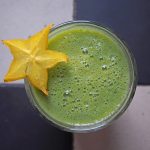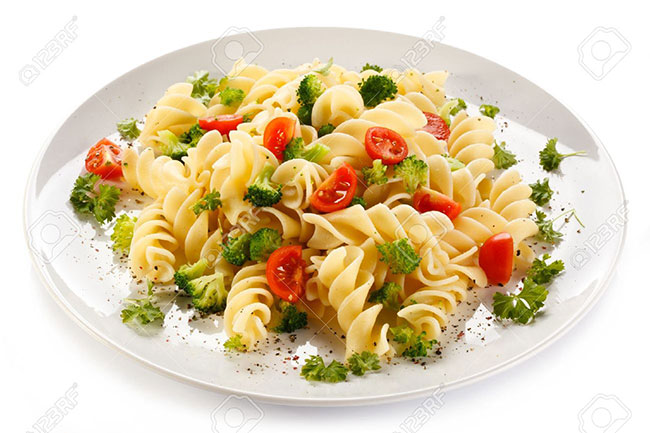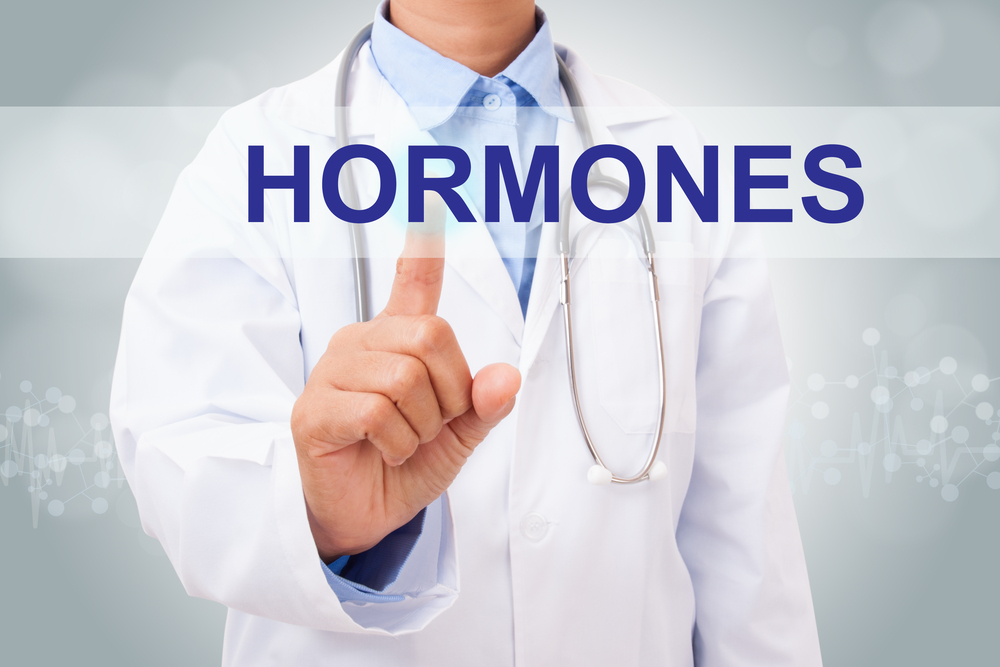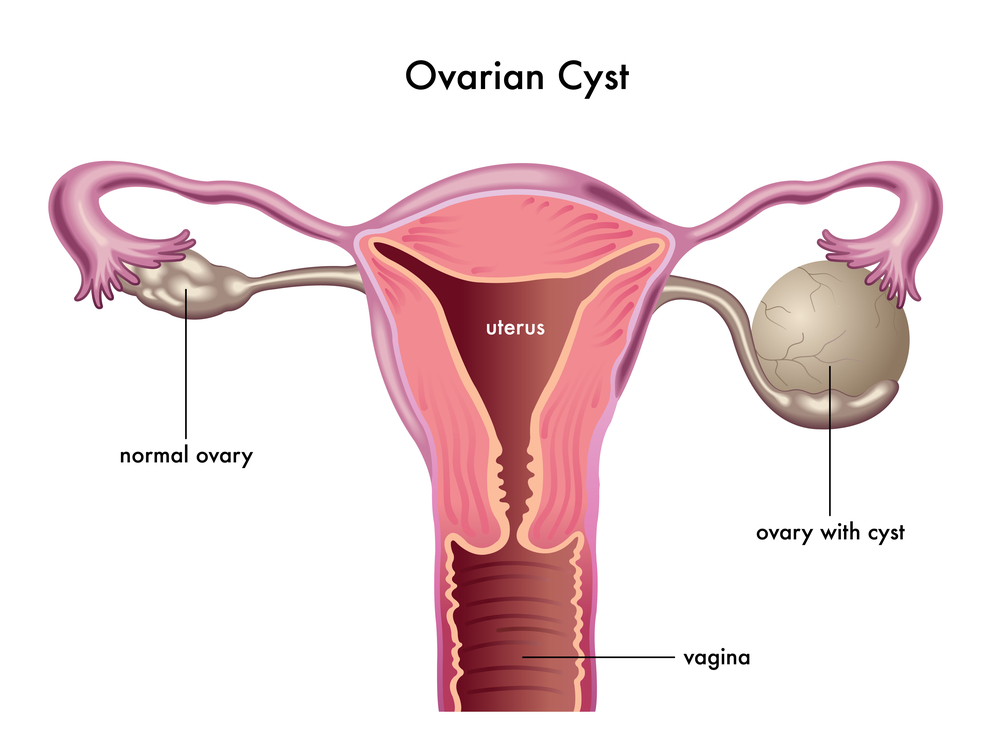PCOS (polycystic ovarian syndrome), is a condition that can cause irregular periods, no periods, excessive hairiness, acne, and male pattern baldness in women. It is a hormonal disorder, commonly diagnosed in women during their reproductive years.
It can cause having a baby to be harder because women with PCOS have cysts on their ovaries. This can cause the ovaries to fail to release an egg each month during a normal menstrual cycle.
Left unmanaged PCOS can cause heart disease, endometrial cancer, diabetes, and high blood pressure. About 50% of the people diagnosed with PCOS will have diabetes or prediabetes by the time they are 40 years old.
PCOS affects your diet in two ways. It can cause trouble in insulin production or regulation as well as disrupt your metabolic function. This can make it hard to lose weight or manage your weight as well as cause your body to have high insulin levels which could lead to you becoming insulin resistant.
Insulin is a hormone that helps your cells turn sugar into energy. If you have too low of insulin production then your blood sugar will be high. If you have too high your ovaries can be pushed to produce more androgens. Insulin resistance is when your body will no longer use glucose in your body for energy. In the end this will result in your blood sugar levels to be too high.
Foods You Should Eat When You Have PCOS
You can help manage your PCOS with some diet changes. A good diet for someone with PCOS is high in fiber, high in protein, and foods that are low in glycemic index. High fiber foods are broccoli, cauliflower, Brussel sprouts, arugula, green and red peppers, beans, lentils, almonds, berries, sweet potatoes, winter squash, and pumpkin. High fiber foods help combat insulin resistance, as well as making you feel fuller for longer.
Fruits and vegetables are also a great choice. They have a low glycemic load which helps your body prevent blood glucose spikes. Good choices are spinach, kale, broccoli, garlic, apples, blueberries, and bananas. A fruit that has a high glycemic load is watermelon, you will want to limit how much watermelon you eat. Potatoes and sweet potatoes are a vegetable you will want to limit due to their starchy makeup.
A diet with nuts and seeds can help give you protein, omega-three fatty acids, as well as some anti-inflammatory properties which are all beneficial when you have PCOS. Nuts and seeds that give you these benefits are almonds, walnuts, cashews, sesame, sunflower, pumpkin, flax, and chia.
A high protein diet has been shown to be good for people with PCOS. It helps you stay fuller for longer, and allows your body to regulate insulin better. A high protein diet can also help you lose weight faster if you have PCOS.
Even a mild amount of weight loss in people with PCOS has shown a decrease in symptoms as well as putting them at lower risk for other health complications associated with the condition.
Lean protein is the better option. Such as plant based proteins. Tofu, nuts, nut butter, eggs, chickpeas, lentils, and soybeans. Limit the amount of red meats and processed meats. Red meats are steaks, hamburgers, and pork. Processed meats include hot dogs, sausages, and lunch meats.
Omega-three fatty acids are so healthy for you and essential for your body. Foods that are high in omega-threes are salmon, mackerel, shrimp, herring, oysters, sardines, anchovies, and caviar. Omega-threes can help with cholesterol levels, as well as insulin resistance.
Foods that reduce inflammation can help you lose weight and lose inflammation throughout your body. PCOS can cause inflammation. Anti-inflammatory foods are tomatoes, kale, spinach, almonds, walnuts, olive oil, blueberries, strawberries, salmon and sardines.
Healthy fats are also important in any healthy diet. Healthy fats are avocado oil, extra virgin olive oil, walnut oil, and flaxseed oil.
Foods You Should LIMIT When You Have PCOS
The foods you should stay away from or limit in your diet when you suffer from PCOS are sugary foods, processed foods, and trans fats. Foods with refined carbohydrates should be limited. Examples of these are baked goods, cookies, cakes, pastries, white bread, white rice, white pasta, soft drinks, and juices. All of these sugary foods can cause your blood sugar to spike. If you do consume them, consume them with a meal that has healthy fats, proteins, and fibers.
Watch out for added sugars on labels that are sucrose, dextrose, or high fructose corn syrup. Moderation is key with these foods to help with weight loss as well as to prevent insulin resistance.
Processed foods should also be limited. This could include breakfast cereals, chips, sugary beverages, microwave meals.
Foods that are high in saturated and trans fats should also be limited.
Processed and red meats should be limited as well.
A PCOS diet does not mean you have to give up any of these foods. Limiting or completely getting rid of these though can help with symptoms and help your overall health.
Weight Loss Can Help PCOS Symptoms
Other things can be done to help manage your PCOS. PCOS is not curable, if you have it, you have to learn to manage it. Diet is a good way to start to help manage your PCOS.
Losing just a fraction of your weight can help your symptoms as well as decrease your risk of diabetes, heart disease, endometrial cancer, and high blood pressure.
Need help improving your nutrition? Purium’s MVP Family is packed with plant-powered protein and other whole food nutrients for optimal absorption and all-day energy.
Dealing with PCOS? Diet can help ease symptoms. Learn what foods to eat and what to stay away from. #HealthSurgeon
Unmanaged PCOS can cause heart disease, endometrial cancer, diabetes, and high blood pressure.
Sources:
https://www.healthline.com/health/pcos-diet#foods-to-avoid
https://www.medicalnewstoday.com/articles/323002#foods-to-avoid
https://www.verywellhealth.com/what-is-the-best-diet-for-pcos-2616314
https://www.singlecare.com/blog/pcos-diet/
Did You Know?
- 1The current prices for the Entire Platinum Line as of April 21st, 2024 are Here
- 2This Ultimate Transformation has people losing between 5 and 20 pounds.
- 3You can Protect your healthy gut with this.
- 4Platinum Products are organic and GMO free.
Platinum Top Sellers










